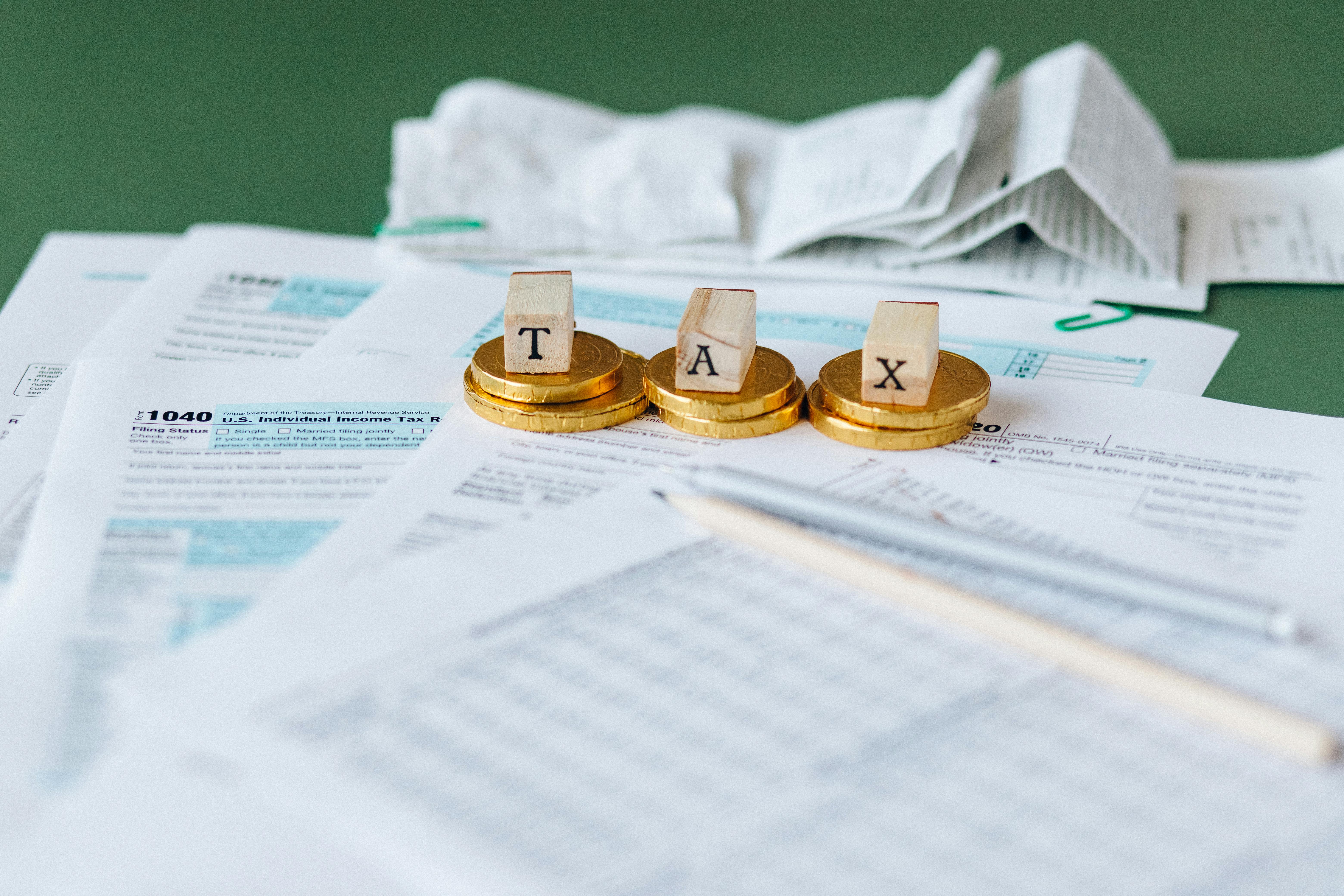
HM Revenue and Customs (HMRC) have announced the launch of a new interactive online tool and clearer guidance for those who are already self-employed and those considering it.
The new tool explains what records a self-employed person may need to keep, taxes that may apply to their business, and includes other useful information, such as how to pay a tax bill.
HMRC’s new Set Up as a sole trader: step by step guide can help people who work for themselves understand the situations in which they may need to register as a sole trader and how they can do so.
The tools can be used on an anonymous basis and are only for information purposes. Using them will not result in being registered as self-employed, and the government have said that they do not collect or store any information about the user.
If you are unsure about whether you may need to register as self-employed, please feel free to contact us. We will be happy to help you.
See: https://www.gov.uk/government/news/new-support-for-small-business-from-hmrc

With just 10 weeks or so to go until the new tax year, many businesses are preparing for the changes that Making Tax Digital (MTD) will bring. From April, sole traders and landlords with an income of over £50,000 will need to submit quarterly updates to HMRC.

If you are new to being self-employed or being a landlord, Self Assessment can feel like one of those jobs you know you should understand better, but never quite get around to.
